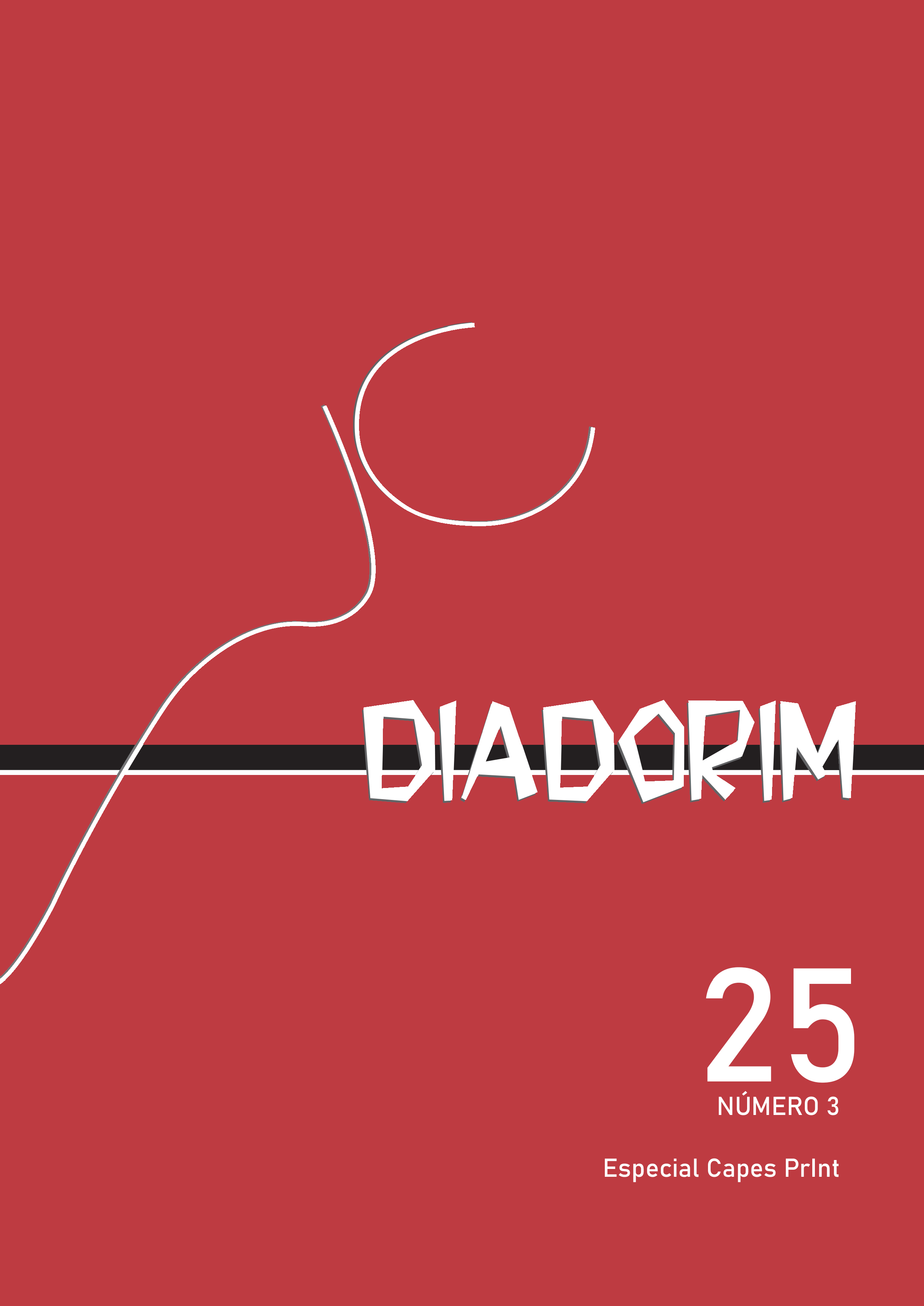Forgetting without complete erasure
How language knowledge develops by retaining traces of all experiences
DOI:
https://doi.org/10.35520/diadorim.2023.v25n3a63231Abstract
Under the Cognitive Commitment, cognitive linguists aim to characterize the fundamental principles of human language in a way that is consistent with insights from other fields, such as philosophy, psychology, or neuroscience. While cognitive linguistic research has indeed proceeded in line with what is known about cognition, one area of research has not been consulted very closely. Namely, insights from memory engram research have rarely been considered, despite their obvious relevance to usage-based accounts of language learning and use. One reason behind the neglect is that “the gap between the behaviour of neurons and that of people was deemed too wide to bridge.” (Divjak 2019: 104) Engrams will be discussed at some length in this paper, but as a first approximation, they can be thought of as networks of neurons activated while a piece of information is processed in the brain. An engram is the physical substrate underlying that piece of information.
Downloads
Downloads
Veröffentlicht
Ausgabe
Rubrik
Lizenz

Dieses Werk steht unter der Lizenz Creative Commons Namensnennung - Nicht-kommerziell 4.0 International.
Transferência de direitos autorais - Autorização para publicação
Caso o artigo submetido seja aprovado para publicação, já fica acordado que o autor autoriza a UFRJ a reproduzi-lo e publicá-lo na Diadorim: Revista de Estudos Linguísticos e Literários, entendendo-se os termos "reprodução" e "publicação" conforme definição respectivamente dos incisos VI e I do artigo 5° da Lei 9610/98. O artigo poderá ser acessado pela internet, a título gratuito, para consulta e reprodução de exemplar do artigo para uso próprio de quem a consulta. Essa autorização de publicação não tem limitação de tempo, ficando a UFRJ responsável pela manutenção da identificação do autor do artigo.

A Revista Diadorim utiliza uma Licença Creative Commons Atribuição-NãoComercial 4.0 Internacional (CC BY-NC 4.0).

